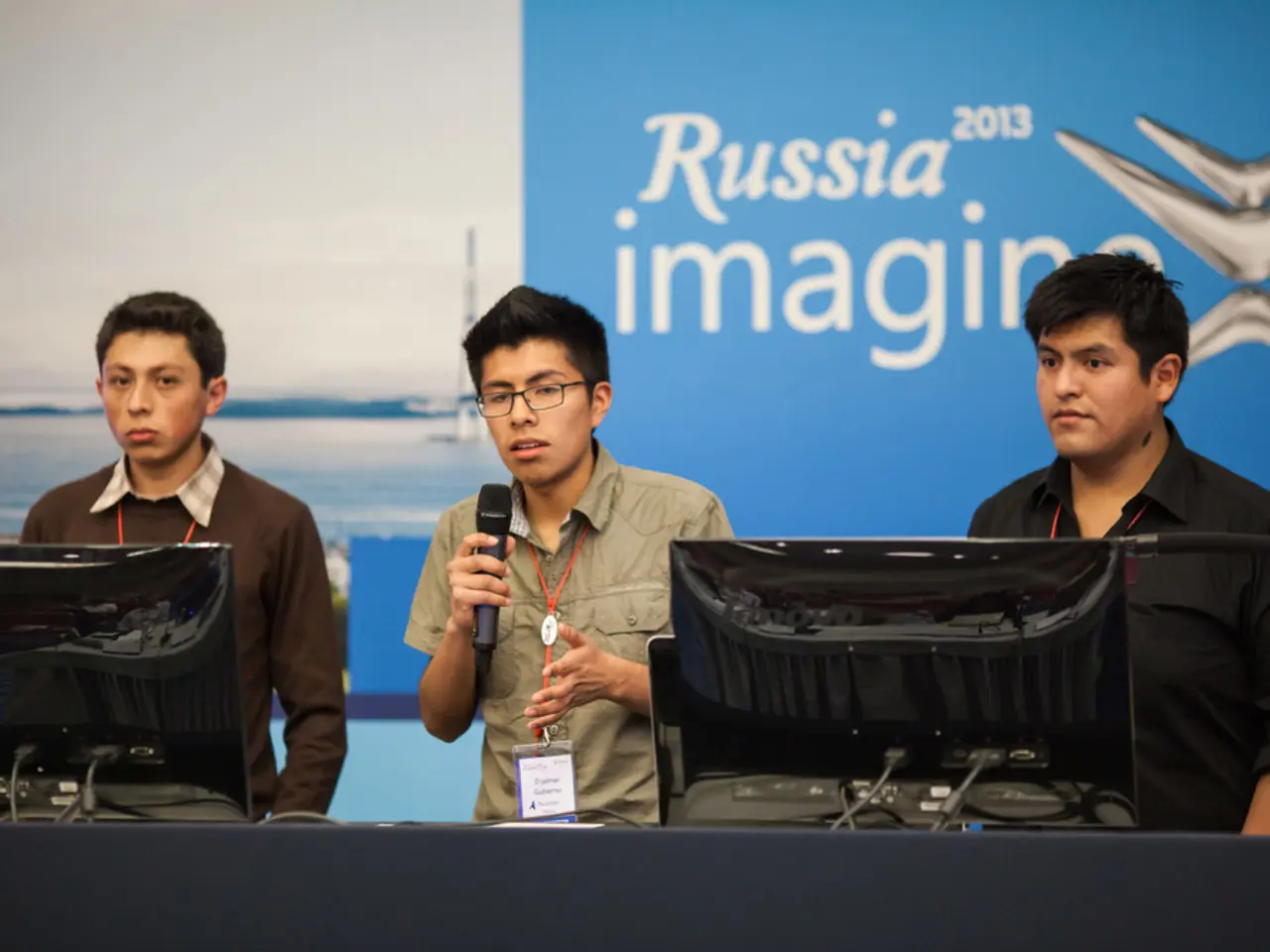Trump-Putin Meeting Highlights Delicate Position for Volodymyr Zelensky Following Alaska Summit with Russia
In a highly anticipated meeting on August 15, American President Donald Trump and Russian President Vladimir Putin convened in Alaska to discuss the ongoing war in Ukraine. The encounter, however, has left many questioning its implications for the future of the conflict.
The meeting, according to reports, resembles more a media spectacle, intended to serve Trump's image interests, rather than substantial negotiations. This is as per Politico's analysis, which suggests that the American president could be tempted to prioritize a quick, even unbalanced, agreement to present a diplomatic success to American public opinion ahead of the midterm elections.
The meeting brings diplomatic legitimacy to Putin, who has been largely isolated from the Western world since the invasion of Ukraine in February 2022. However, Ukraine particularly fears that the unstable American ally may lean towards Moscow's demands. Russian troops have advanced rapidly in certain strategic sectors of the Ukrainian front, and Kiev has ordered the evacuation of families in eastern localities.
The shift in U.S. strategic priorities could potentially see a reduction in U.S. involvement in Ukraine, weakening the solidarity of Western support for Ukraine’s resistance. This could be a significant development, as the U.S. has been providing arms, economic aid, and salaries for officials and military, making it difficult for Ukraine to implement an autonomous strategy.
Key implications excluding Ukraine and European leaders include:
- U.S. Policy Recalibration: Trump’s approach indicates a pivot from supporting Ukraine militarily toward seeking a diplomatic settlement, possibly urging Ukraine to make territorial concessions to end the war, signaling a move away from direct confrontation with Russia.
- Diplomatic Tensions Within NATO: Despite the U.S.-Russia summit showing engagement, European leaders are alarmed by Trump’s approach, fearing it could undermine unified Western pressure on Russia. This could cause fractures within NATO and affect broader Western cohesion in responding to Russia.
- Potential Power Shift Signaling: Putin’s confident leadership during the summit may signify Russia’s strengthened position on the world stage, and the U.S. willingness under Trump to engage Russia on potentially Russia-favorable terms.
- Private Diplomacy Over Public Negotiations: The summit’s format with extensive private discussions and limited media access could signal a return to back-channel diplomacy outside the typical multilateral frameworks, possibly marginalizing Ukraine’s allies and international stakeholders.
- Impact on International Norms and Relations: Hosting Putin on U.S. military property despite the ICC arrest warrant may indicate a normalization of Russia’s role despite ongoing accusations, possibly lowering barriers to future Russia-West engagement independent of the Ukraine conflict specifics.
No formal agreement was announced at the summit, but Trump’s stance implies that he sees the burden shifted onto Ukraine for territorial concessions, which could pressure Ukraine indirectly. The meeting may also reflect broader geopolitical considerations, such as weakening U.S. involvement in prolonged foreign wars, with possible consequences that ripple into the conflict space.
In summary, while Ukraine was not directly involved, the summit potentially reshapes the broader geopolitical context of the Ukraine conflict by nudging U.S. policy away from active military support toward negotiated disengagement, thereby affecting the balance of international efforts to resolve or manage the ongoing war. The outcome of the meeting remains uncertain, according to the researchers interviewed.
Read also:
- Discussion between Putin and Trump in Alaska could potentially overshadow Ukraine's concerns
- Massive 8.8 earthquake hits off the coast of Russia's Kamchatka Peninsula, prompting Japan to issue a tsunami alert.
- Court petitions to reverse established decision on same-sex marriage legalization
- Independence supporters in New Caledonia refuse agreement offering authority without a vote on sovereignty






